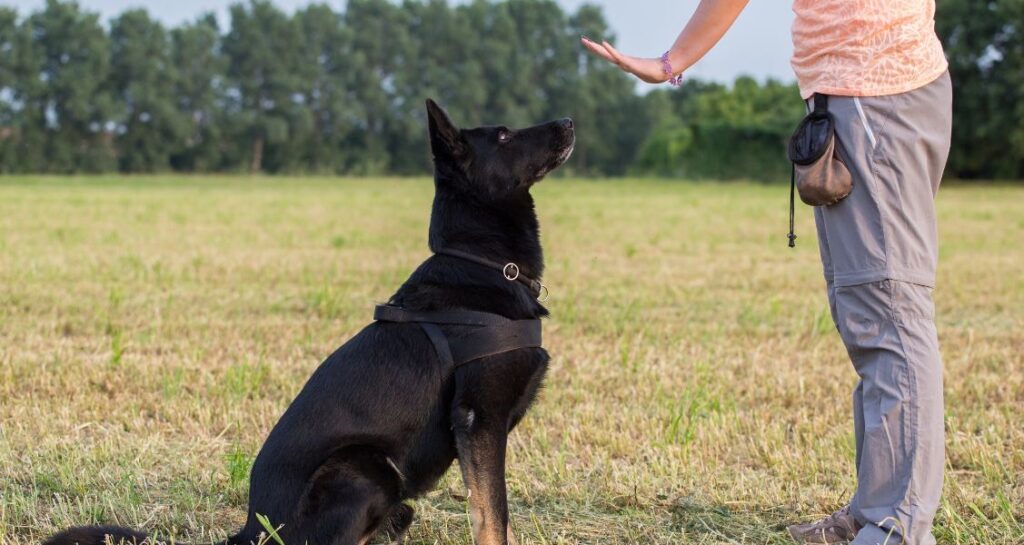Just like humans, our beloved furry companions can also sustain athletic injuries. Whether participating in dog sports like agility and flyball, or simply engaging in physical activities such as running or playing fetch, our high-energy canines are at risk of getting hurt. Fortunately, there are several preventative measures dog owners can take to minimize the risk of injury and keep their athletically inclined pups safe and healthy. We will discuss four essential tips to prevent athletic injuries in dogs and keep them going strong well into their life.
Perform a Pre-Sport Screening
Before practicing any activities or sports with your dog, have them undergo a pre-sport screening with your veterinarian. This screening will evaluate your dog’s overall fitness, joint mobility, and muscle strength, and identify any potential underlying health issues that may place them at an increased risk of injury. A pre-sport screening is a vital initial step in ensuring your dog is physically and mentally ready to engage in athletic endeavors.
Train Them Properly
Proper training is also a crucial step in protecting your canine from injury. To start, obedience training is important because it helps you control your dog’s physical activity, making it easier to oversee and manage their level of participation in various exercises. This, in turn, aids in preventing overexertion and injury. Along with obedience training, it’s essential to gradually introduce your dog to their specific physical activity. This progressive approach ensures they have ample opportunity to develop the relevant muscle strength, stamina, and skill required to excel in their chosen activity, thus reducing the risk involved.
Warm Up Before Strenuous Activity
Another effective way to prevent athletic injuries in your dog is to have them warm up before every bout of strenuous exercise. A well-structured warm-up routine can help increase blood flow to your dog’s muscles, enhance joint lubrication, and promote flexibility, ultimately lowering the chance of injury. Consider incorporating low-intensity aerobic exercises (such as walking or jogging), stretching, and sport-specific drills to ensure a comprehensive and effective warm-up routine.
Keep Them Hydrated
Proper hydration is also essential for your dog’s overall health and athletic performance. When engaged in sports and other physical activities, dogs can lose significant amounts of water through panting, which may lead to dehydration if not adequately replaced. Dehydration can impact your dog’s performance and well-being and increase the risk of injury. To ensure your pup stays well-hydrated, make sure they always have access to fresh, clean water, especially during training sessions and competitions.
Regular physical activity ensures your dog lives a healthy and fulfilled life. But it can also be risky if you don’t monitor them carefully. By keeping these essential tips in mind, you can confidently support your canine athlete’s fitness, health, and happiness for several years to come.

